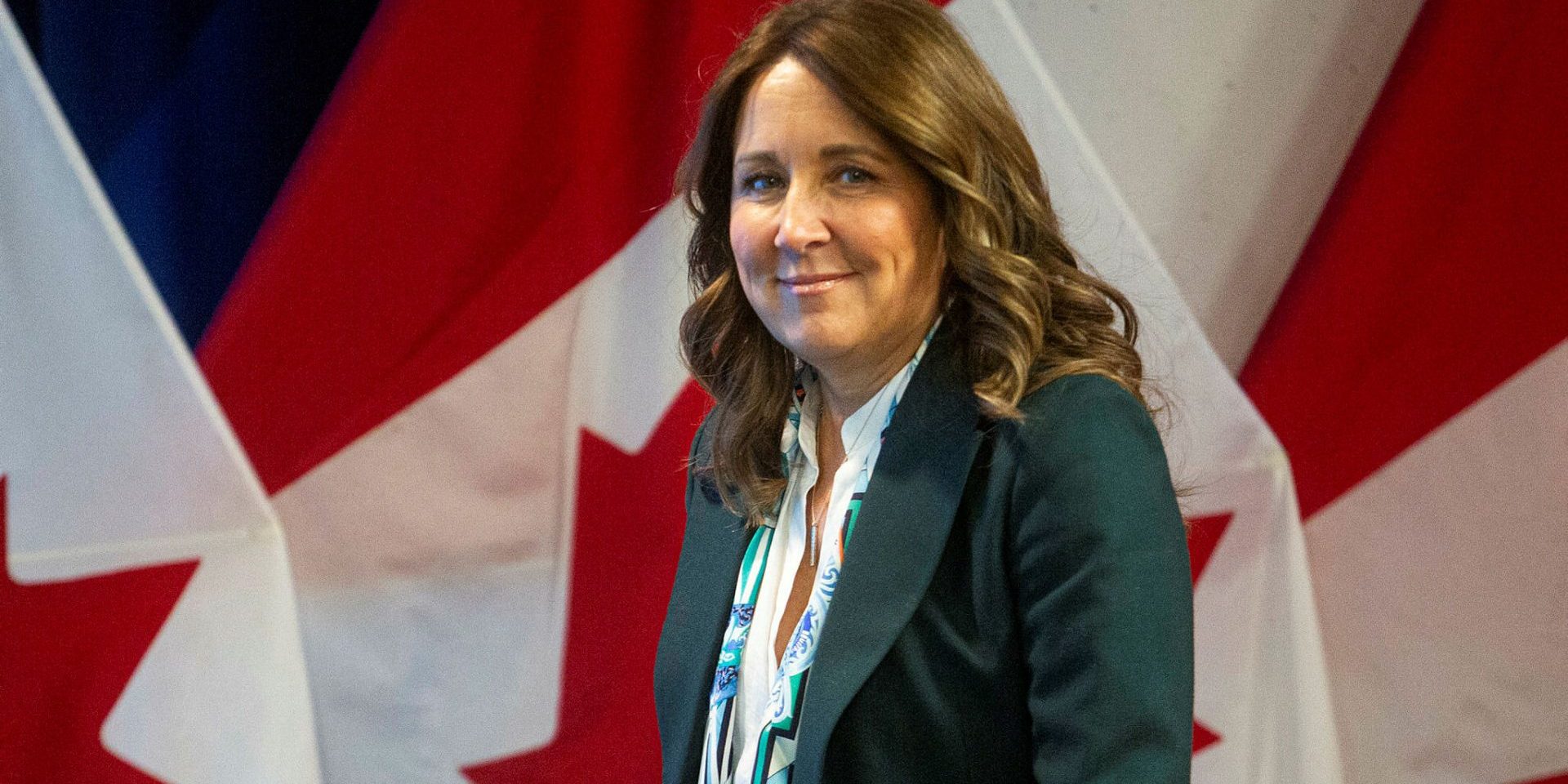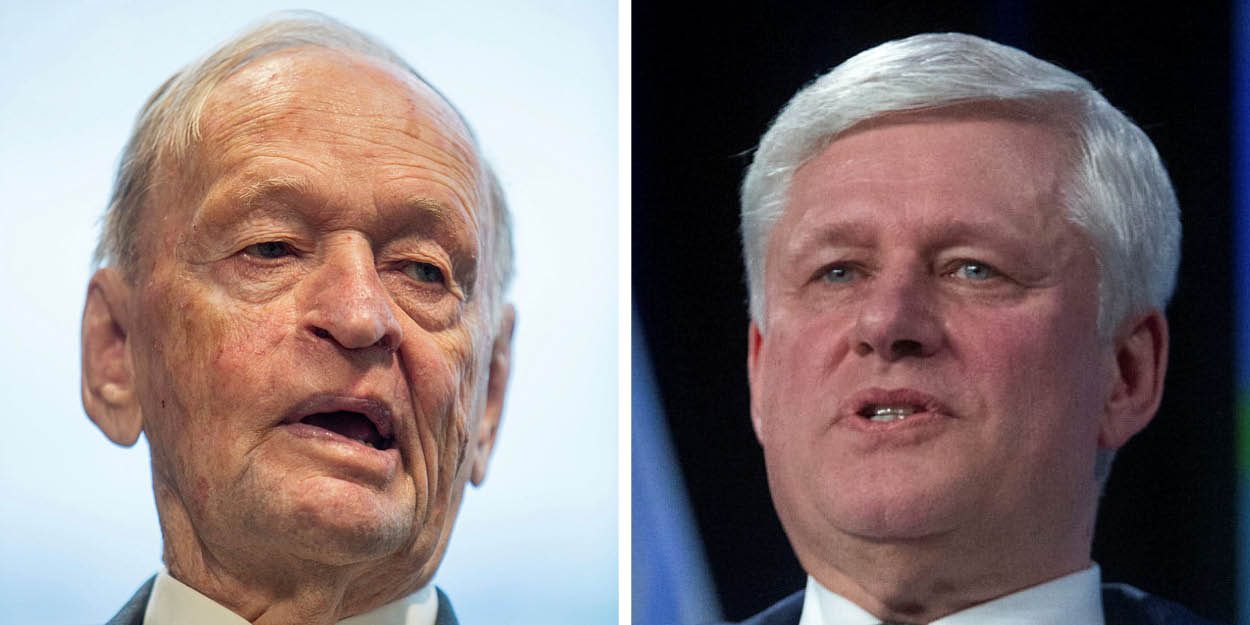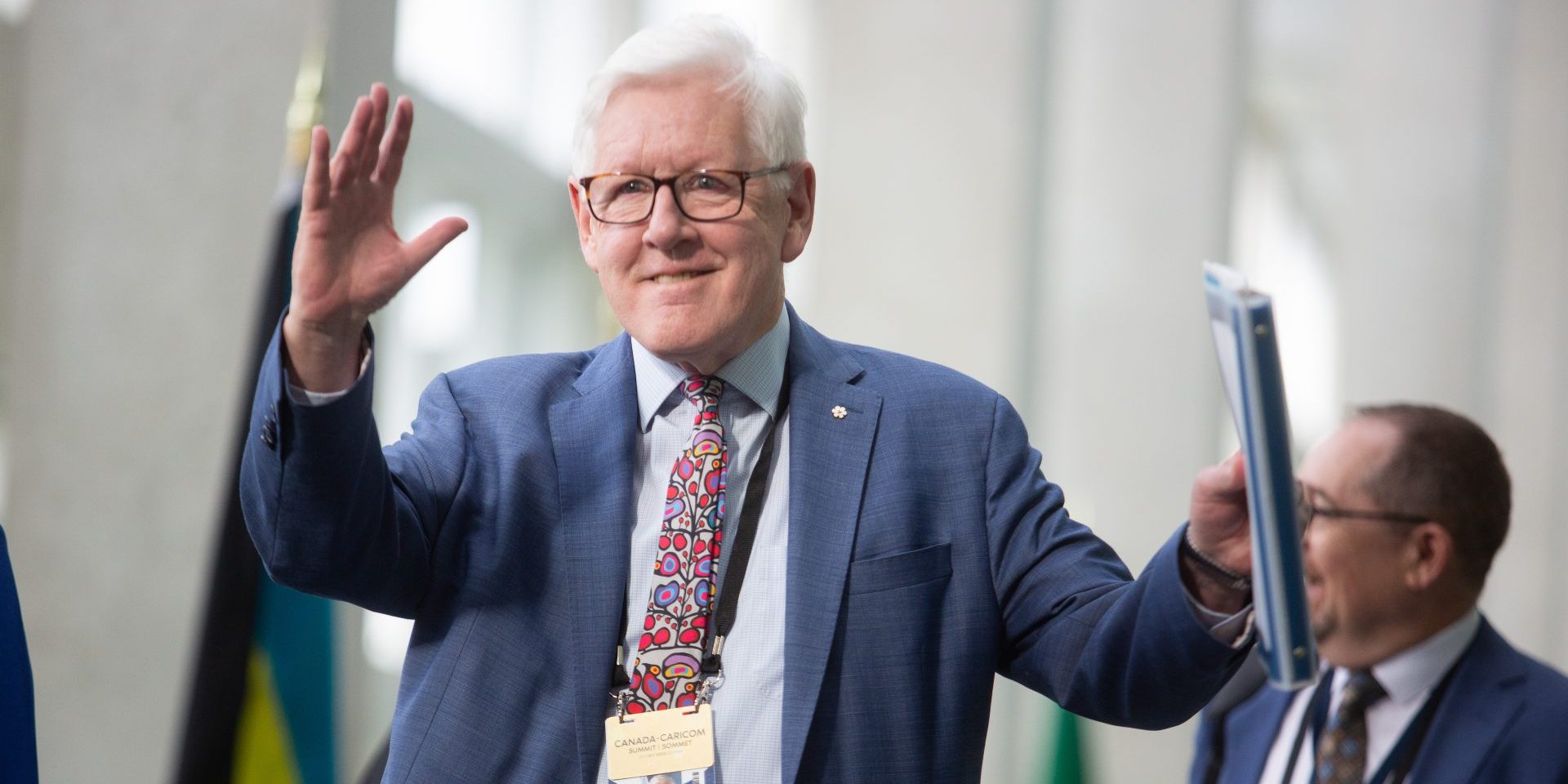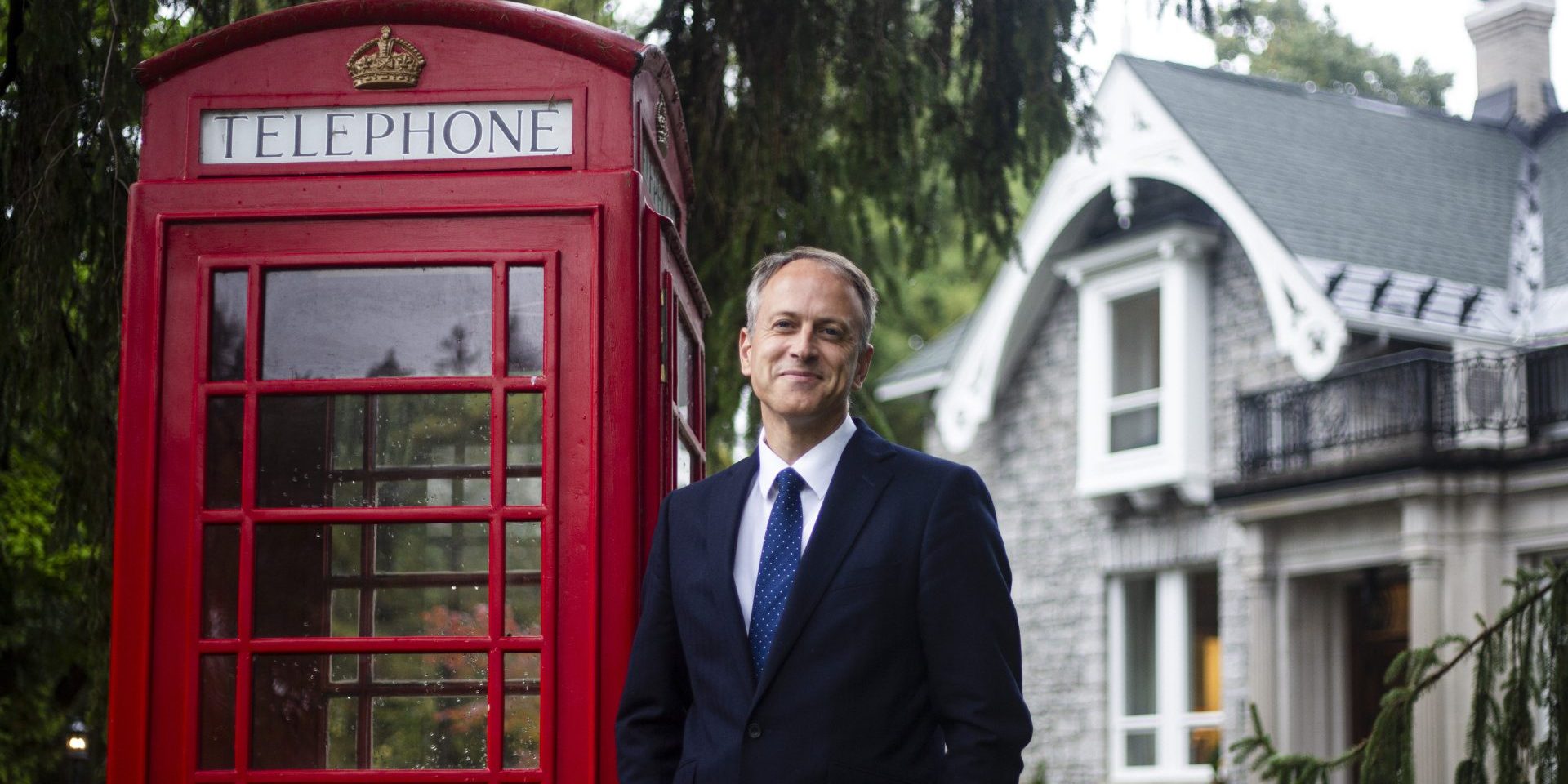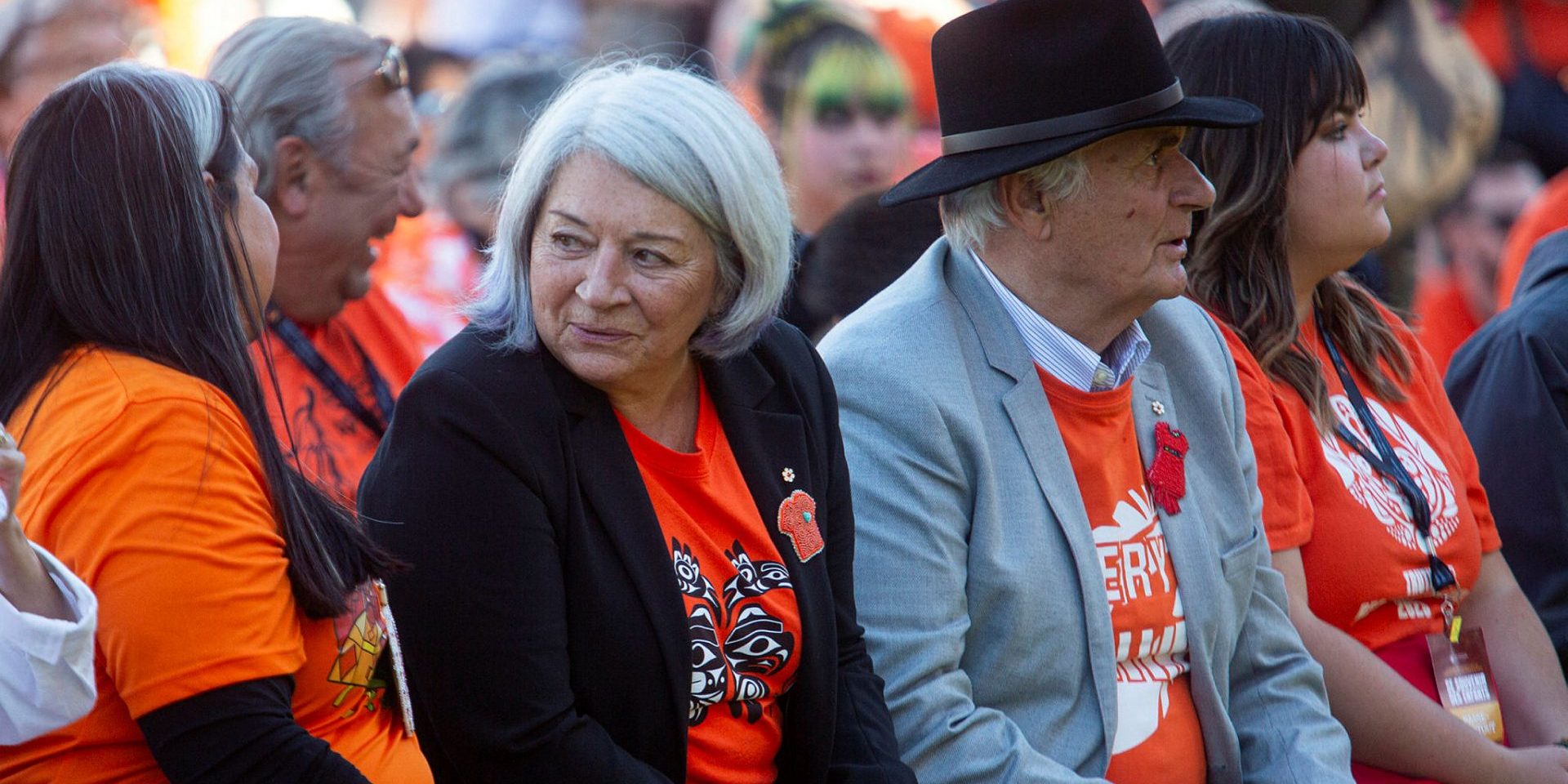From Haiti to the PMO to cabinet: Canada’s new Health Minister Michel reflects on her front-row seat in politics
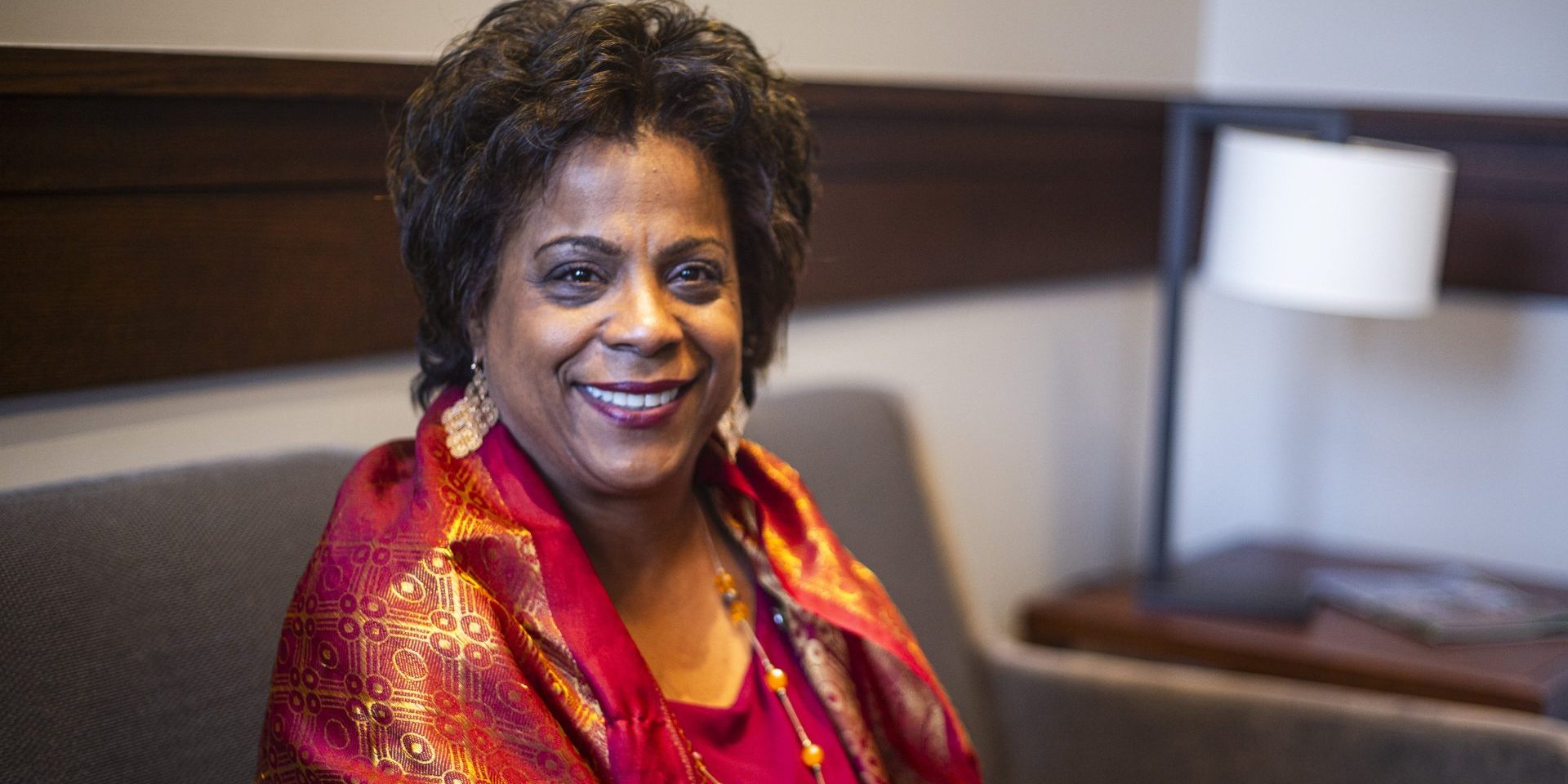
Before Marjorie Michel was Canada’s federal health minister and a well-known senior Liberal Party staffer, she was a mother raising two young girls in Haiti, a country known for its political instability and violence.
Michel (Papineau, Que.) recalled her daughters—then six and nine years old—having questions about being harmed in Haiti.
“They had friends that were kidnapped and raped,” Michel recounted in an interview with The Hill Times on May 29, while sitting in a private meeting room in West Block. The number of times she had to speak to her daughters about the potential for sexual violence weighed on her. “I said, ‘Marjorie, at a point you cannot say that every single day. You have to take action.'”
It was in 2000 when she decided to immigrate to Canada for the second time, leaving behind her career as a social psychologist. Canada was not a completely new experience to her. Michel had briefly moved to Quebec in 1981 as a teenager where she began her post-secondary education though she decided to continue her studies in Belgium where she earned her master’s degree in social and organizational psychology.
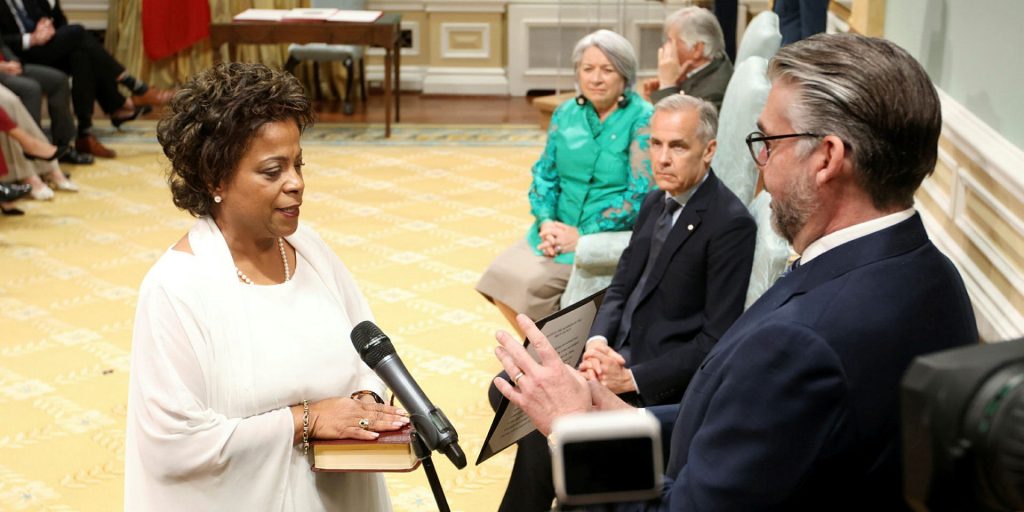
Her decision to make the permanent move to Canada also followed her own experience as a child and young adult growing up in Haiti.
Michel’s grandfather had been killed under the Duvalier regime. Her father, a businessman at the time, had also been imprisoned under that regime for no reason, Michel said. Her family had escaped Haiti for a brief period to live in the United States. (The Duvaliers’ dictator rule—consisting first of father François and then of son Jean-Claude—lasted between 1957 and 1986.)
Although her father, Smarck Michel—who passed away following a battle with brain cancer in 2012—was a former prime minister of Haiti, Michel said politics was not initially encouraged due to her father’s imprisonment.
“But my father always told us, because we were part of the upper middle-class, we had a lot of chance so ‘You have to give back.’… For a number of years, we never touched politics. Never, never,” Michel said, waving her hands side to side to emphasize her point.
Her family’s aversion to politics changed in 1990 when Jean-Bertrand Aristide was elected president of Haiti. Aristide won what is considered Haiti’s first truly democratic election.
Politics is ‘a duty,’ says Michel
Michel said she began to get more involved in politics as a volunteer because there was a “democratic window” under the Aristide government. But a coup led by the Haitian military in 1991 sent her family into hiding in the U.S.
It was after their return to Haiti six months later that Smarck Michel was appointed prime minister by Aristide.
“It was not a relevant experience for him because my father was not a politician. He was somebody who wanted to achieve things … and all this politics around a lot of things was a tough fight. So, he stayed one year,” Michel said.
When asked what it was like being the prime minister’s daughter, Michel said her family saw “politics as a service. …It’s not really a privilege, it’s like a duty.”
When Michel moved to Quebec with her daughters, she initially stayed away from politics, instead working with an organization that helped businesses connect with immigrants. But after receiving an email from the provincial Quebec Liberal Party, she began to volunteer in 2006 as the province was preparing to go into an election.
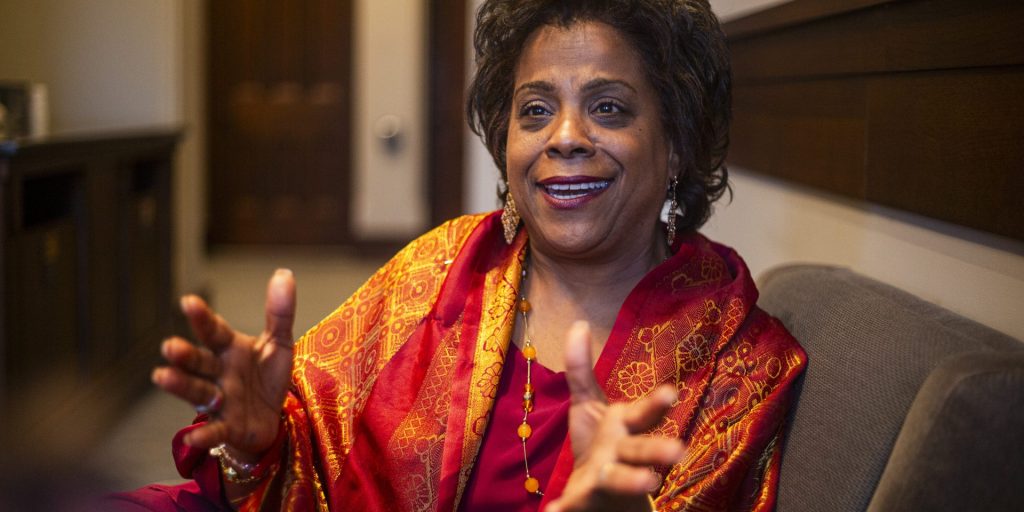
“But after the volunteering, the campaign director told the [the riding MNA] at that time, ‘You should hire this girl because she knows what she’s doing,’” Michel said with a laugh.
She said she didn’t initially take the job offer because of her own memories of politics in Haiti, but she eventually decided to work for the MNA as she thought this would be her way of giving back in Canada. She began working for the provincial Liberals in 2009 as the director of a riding office.
That included working for Emmanuel Dubourg, who was then a Liberal MNA. Dubourg moved into federal Liberal politics in 2013, representing the Quebec riding of Bourassa until 2025, when he decided not to seek re-election. Michel and Dubourg are now married.
Her work in provincial politics is how she met Justin Trudeau, who was running in 2013 to lead the federal Liberals. Michel joined his campaign.
“I sold so many [membership] cards because I’m a very grassroots person. I’m very grounded. I like to meet people,” she said.
From policy adviser to PMO
Following Trudeau’s leadership win and rise to prime minister in 2015, Michel began working for his majority government. Liberal MP Jean-Yves Duclos (Québec Centre, Que.) hired her in 2016 as a policy adviser in his ministry office overseeing families, children, and social development.
“As I’m a social psychologist, it was like a dream to go there, so this is how I started at the federal [level]. I did everything,” she said.
Michel held multiple titles while working for Duclos. In addition to policy adviser, she did a short stint as the acting chief of staff and was the parliamentary affairs director. During some of this time, Michel was also an assistant to now-former Liberal MP Adam Vaughan who was then-parliamentary secretary to Duclos.

Jill Pilgrim, who was Duclos’ Atlantic regional adviser when Michel was acting chief of staff, described Michel as a hands-on staffer, a team player, and a team builder.
“One thing that really stayed with me was how much she emphasized and valued a cohesive team culture. She went out of her way to ensure that the minister’s team got to know each other personally and felt connected in the work we were doing,” said Pilgrim by email on May 28.
“She also created an atmosphere that promoted building constructive and collaborative relationships with departmental officials and colleagues in other key government offices such as the Prime Minister’s Office and ministers’ offices that were closely tied with ours,” added Pilgrim, who is now a senior consultant at Santis Health.
When Duclos was shuffled to lead the Treasury Board in November 2019, Michel followed him and became his permanent chief of staff, becoming the first Black woman to be named to that role for a federal minister. She remained there until she was promoted to the Prime Minister’s Office to work for Trudeau as his deputy chief of staff.
Michel worked alongside Katie Telford, Trudeau’s long-time chief of staff, and Brian Clow, who also became deputy chief of staff. Michel worked for Trudeau for three years until October 2024 when she was named the Liberal Party’s deputy campaign director for the upcoming federal campaign.
But that campaign plan was upended on Jan. 6, 2025, when Trudeau announced he would step down as prime minister and Liberal leader after a leadership race. His resignation came less than one month after Chrystia Freeland (University-Rosedale, Ont.) quit her finance post on the same day that she was supposed to read the Fall Economic Statement.
Running for federal office
Freeland’s resignation came amid intense behind-the-scenes pressure from the Liberal caucus that Trudeau step down in light of dismal polling numbers. At the time of Freeland’s departure on Dec. 16, 2024, the Conservatives were twice as popular as the Liberals with 42.9 per cent to the governing party’s 21.8 per cent, according to CBC News’ Poll Tracker.
Mark Carney (Nepean, Ont.) won the Liberal leadership on March 9. Instead of returning to the campaign team, Michel found herself in a one-on-one meeting with Trudeau the next day. She said that she asked the outgoing prime minister what she could do for him.

“He said, ‘What can you do for me? You are going to take my seat,’” Michel recalled.
She declined, and offered to work on the next campaign. Michel, who led Quebec operations for the federal Liberals during the 2019 and 2021 elections, said she told Trudeau she was flattered, but it wasn’t his decision now with Carney as the new leader. According to Michel, Trudeau offered to make a few calls, and she received one of her own from Carney’s team the following day letting her know that the Papineau candidacy was hers.
Michel previously didn’t have an urge to run for elected office even though others encouraged her to give it a try.
“I have to tell you, for years now, people are telling me, ‘Marjorie, it’s time to run.’ But I didn’t want to run. I didn’t feel that I needed to run. I feel that I could serve wherever doing whatever on the party side [or] being a staffer or whatever,” Michel said.
But now, just one month after winning her first election where she was the face of a campaign, Michel said she is grateful to Trudeau.
“Papineau is a gift for me,” she said. “It’s so diverse. I think I am someone who has this—I would say it’s a gift because it’s not easy for a lot of people. I go from a community to another with their culture—going from the Québécois to the anglophone to the South Asian … to the Haitian to the Italian, and I feel at home every time with those people.”
In her first stint as both an MP and a minister, Michel will be meeting many stakeholders for the first time. The Hill Times asked her how she will be introducing herself to those reaching out to her to discuss their cause.
She described herself as someone who loves people, and who is not intimidated by those who hold high-ranking roles.
“I love people. Everybody who knows me knows that. With all their differences, their complexity, their different way of thinking, I really love people,” she said, and she’s not “scared” of those with important roles like the prime minister. “They are people. …And I am there just to add what I have to a team, and this is how I work.”
Dan Arnold, who worked for the federal Liberals between 2014 and 2021, said Michel is known as a political staffer, but “you could always see her doing well in politics.”
“You go to the Liberal Christmas party, and she’s just basically going around and [saying,] ‘Oh, Bonjour, hello, good to see you … how’s it going?’” said Arnold, who is now chief strategy officer at Pollara Strategic Insights. “So, she has, I think, got that personality that would do very well in elected politics in terms of just meeting voters and that side of things.”
Arnold said Michel’s background as a senior staffer and campaign strategist probably played a part in her being appointed to the health portfolio so early in her MP career.
“It’s a big enough portfolio that you would normally put somebody in who’s got a bit more political experience,” noted Arnold, who said Michel’s experience “running” a PMO, a minister’s office, and campaigns is regarded as “more relevant than just elected experience. I think Carney looks at things kind of from the managerial perspective and he sees her as somebody who’s been a good manager.”
‘It’s not Marjorie’s plan’: health minister says she’ll consult
Pilgrim said that Michel’s personal values, in addition to her “deep understanding of how government processes work and how decisions are made,” make her a good fit for the health portfolio.
“She always wanted to focus on delivering support to those who needed it most, and spent her entire career as a staffer trying to build up other political staff to care as much as she did. These values will benefit her as the minister of health as it’s a file that Canadians value so much,” Pilgrim said.
When The Hill Times asked Michel about the subjects she wants to focus on as minister, she leaned forward and spoke with excitement.
“First, my background is [in] helping [people] because I’m a social psychologist,” she said, adding that mental health will be one of her top issues.
Improving access to health-care services is also on the list.
“We are hearing a lot that people don’t have family doctors [and] they [do not] have access [to care], etc., so access is very important for me,” she said.
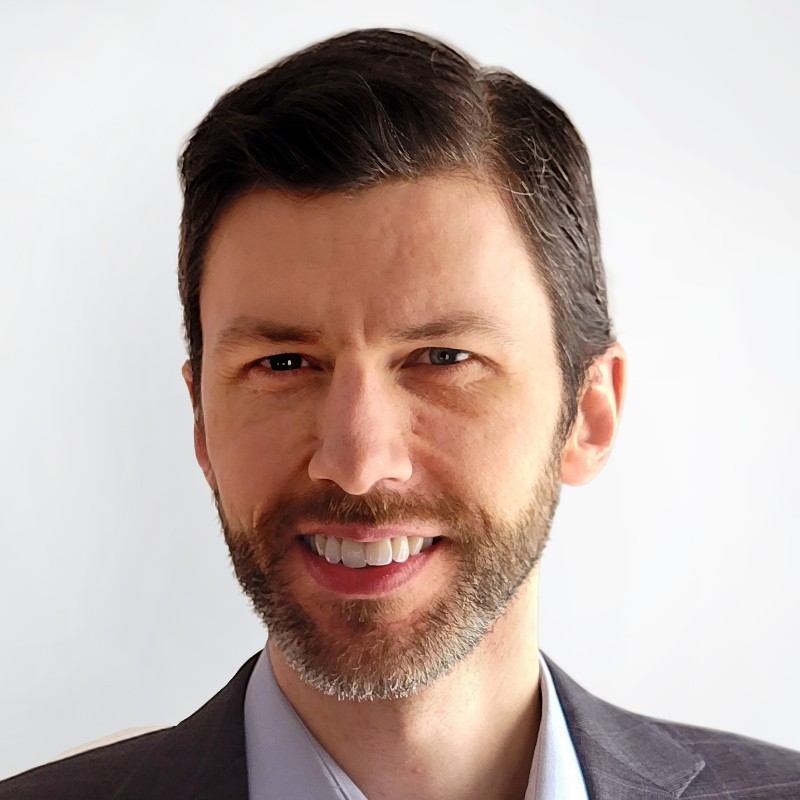
Although she clearly knows what is top of mind for her, Michel is aware she has to balance the age-old Canadian sensitivity of jurisdictional powers.
She told The Hill Times that she contacted her provincial and territorial counterparts within days of being appointed to the health ministry to ask them about their priorities as they are responsible for delivering health care to most of the population.
“This is why I’m talking with all my counterparts because it’s not Marjorie’s plan. Who cares about what I think?” she said.
Michel said she has asked the provincial and territorial health minister to share their top-three priorities. “I will insert them into my priorities if it’s feasible. If it’s not feasible, I will tell you, and if I can, I will tell you why.”
Many of her counterparts have told her that their top concerns are related to recognizing the foreign credentials of internationally-trained health-care professionals, the opioids crisis, and mental health.
Arnold said that “the pitfall of any health minister” is tackling federal-provincial-territorial relations.
“You know you’re going to have to deal with competing pressures from premiers and regional pressures. Being from Quebec probably is also an asset [for Michel] to some extent because there’s more sensitivities around jurisdictions there than in other places. But that also means that she’s got to have a good understanding of what’s going on in other provinces and other jurisdictions as well,” he said.
The interview ends with a question about what she enjoys about her new MP role after working behind the scenes for so long. But for Michel, whether or not she likes the job isn’t the question.
“I think I’m enjoying it as I was enjoying my [last] job. … I think if I am elected today, that was my path, and I’m here to serve exactly as I was but [now] in a different role. I’m learning like I was learning four years ago when I went into the PMO,” said Michel quickly before dashing off to her next meeting.
“So no, I wouldn’t say enjoying [or] not enjoying. I’m here to serve, and I will do my best.”
tsanci@hilltimes.com
The Hill Times






 LICENSING
LICENSING PODCAST
PODCAST ALERTS
ALERTS